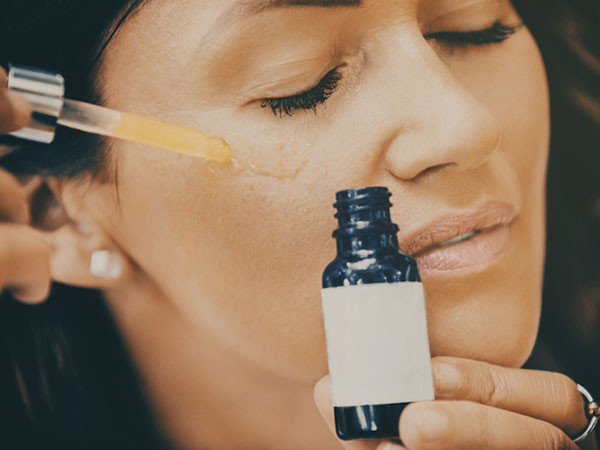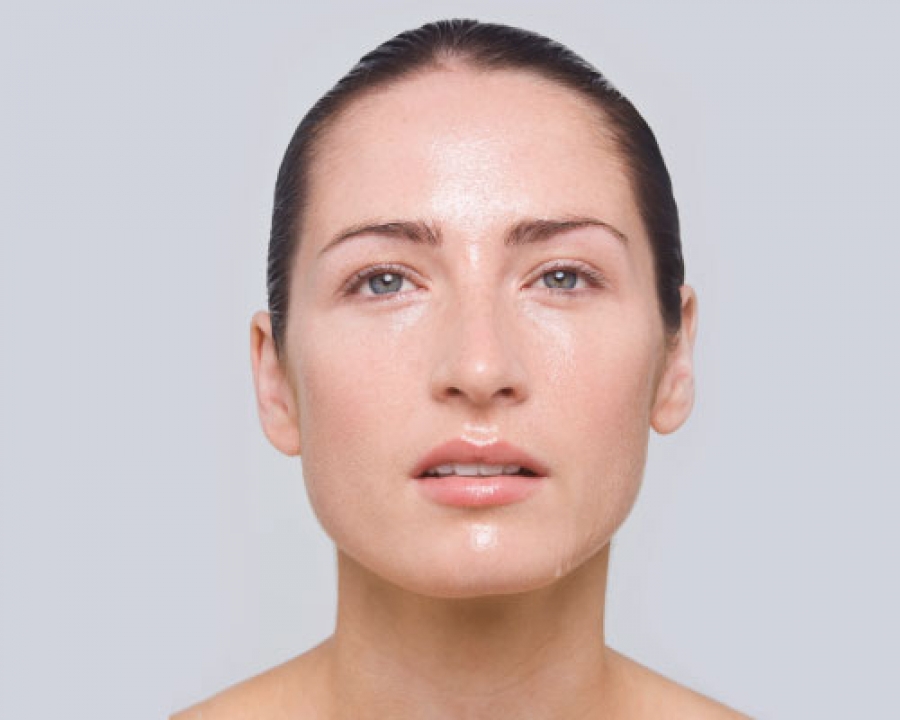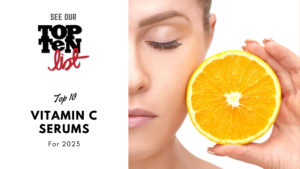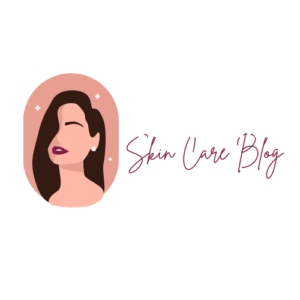Vitamin C and skin: which form of vitamin C is best?


How does vitamin C work on the skin?
Vitamin C, due to its beneficial properties for the skin, is a very popular ingredient in various types of cosmetics. Although the name is the same, as a raw material it occurs in various, more or less stable forms, which translates into its effectiveness. Learn more about vitamin C and its effects on our skin.
Vitamin C, or L-ascorbic acid, is one of the essential vitamins in our body, involved in many metabolic processes. In the case of the skin, it is the basic component supporting the maintenance of its proper structure and proper functioning. At the same time, it has a strong antioxidant effect, allowing you to keep free radicals in check.
L-ascorbic acid is an important component of enzymatic reactions taking place in the skin, stimulating the production of collagen fibers. Thanks to this, it accelerates regeneration and supports wound healing. Interestingly, vitamin C also enhances the effects of another antioxidant, vitamin E. That is why they are often found together in cosmetics.
Vitamin C applied to the skin:
Acts as an anti-free radical, slowing down the aging process of the skin,
Stimulates the production of collagen, contributing to the improvement of skin elasticity and firmness,
Smoothes and reduces the visibility of fine wrinkles and lines,
Reduces skin redness and reduces the tendency of blood vessels to break,
Improves subcutaneous microcirculation and brightens the complexion, eliminates discolorations and pigmentation spots and evens out skin tone,
And has anti-acne properties,
Anti-inflammatory and soothes irritations,
Accelerates wound healing.
What forms of vitamin C used in cosmetics are the most effective?
Vitamin C is present in cosmetics in various forms, the effectiveness of which usually depends on the degree of stability. The least stable is its pure form, i.e. L-ascorbic acid. After dissolving in water, which is the basic ingredient of cosmetic products, it becomes susceptible to external factors such as light, temperature or air. They make L-ascorbic acid lose its valuable properties. Vitamin C in its pure form has a low, i.e. acidic pH, which can strongly irritate, especially sensitive skin.
For this reason, the cosmetics industry more often uses L-ascorbic acid derivatives. The products include, among others:
Ascorbyl palmitate,
Ascorbyl glucoside,
Ascorbyl phosphate sodium salt,
Ascorbyl phosphate magnesium salt,
Ascorbyl tetraisopalmitate,
3-O-ethyl ascorbic acid.
Each of these forms has its advantages and disadvantages. The most effective of these is Ascorbyl tetraisopalmitate (INCI: Tetrahexyldecyl Ascorbate). Thanks to its oily consistency, it has a high affinity to the hydro lipid layer of the skin, which makes it easy to penetrate into the deeper layers of the epidermis. Of all the listed forms, this form of vitamin C is the easiest to absorb and the best tolerated. What’s more, it does not require use in high concentrations – 1-3% is enough. Cosmetics containing Ascorbyl tetraisopalmitate can be used even by people with sensitive skin.


Who should use vitamin C preparations?
In principle, every skin will feel the beneficial effects of preparations containing vitamin C. Nevertheless, there are cases when it is especially worth reaching for natural cosmetics with this ingredient. Here they are:
Visible first (and later) signs of aging,
Discoloration, uneven skin tone, pigment spots,
Tendency to dilated and bursting capillaries,
Acne and acne scars,
Tired, dull, dull, dull skin.
How to properly use cosmetics with vitamin C?
First of all, let’s pay attention to what form of vitamin C we are dealing with in a given product. In fact, only Ascorbyl tetraisopalmitate and 3-O-ethyl ascorbic acid do not give any contraindications when it comes to the time of application of a cosmetic containing it. In other cases, when vitamin C in the product is in other forms, we should use these products at night, because they are both highly sensitive to light and high temperatures, or must be used in high concentrations, which can cause irritation, and as a result – paradoxically faster formation of discoloration (although vitamin C reduces them).
When it comes to the application of products containing this vitamin, just follow the manufacturer’s instructions on the label, because everything depends on the type of product and its intended use.
What to combine vitamin C with to make it more effective?
Although vitamin C is a highly effective ingredient, there are substances that enhance its effect. Here are a few combinations that will make our skin gain even more:
Vitamin C + resveratrol – the combination of two strong antioxidants strengthens the mutual action of each of them,
Vitamin C + Ferulic acid – similarly to the above, two antioxidants strengthen each other’s action, but in addition, Ferulic acid multiplies the effectiveness of vitamin C Serum.
What not to combine vitamin C with?
There are also connections that you should watch out for for various reasons. These are:
· vitamin C (L-ascorbic acid) + retinol – retinol has a slightly oxidative effect, and vitamin C has an antioxidant effect, so when used together they become ineffective, therefore products with vitamin C should be used during the day, and products with retinol – at night,
Vitamin C + heavy metals (e.g. copper, copper peptides, etc.) – heavy metals cause vitamin C to work the opposite way than normal, i.e. from an antioxidant it becomes a pro-oxidant and promotes the formation of free radicals,
· vitamin C (L-ascorbic acid) + vitamin B3 (niacin amide) – they mutually neutralize each other’s effectiveness, and at the same time, as a result of their reaction, an irritating substance is formed, i.e. nicotinic acid; therefore, as in the case of vitamin C and retinol, they can be used, but alternately.
Can vitamin C be combined with hyaluronic acid?
Definitely yes! Best Vitamin C Serum, by stimulating the production of collagen fibers and strengthening blood vessels, prepares the foundation for what hyaluronic acid does in the skin. As a result, the skin will be more deeply moisturized, more tense, wrinkles – more clearly smoothed, capillaries and discolorations less visible, and the skin brightened and full of radiance.


It is an ideal combination in cosmetics for people with mature skin, but also an excellent weapon in the fight against acne (also in adults), especially acne scars.
A product in which such a combination is used and which exhibits the comprehensive action described above is a naturally smoothing serum. The effect of these two ingredients is further enhanced by the pro ingredient. It is an extract of butterfly lavender, which after 24 hours shows effects on the skin, such as botulinum. The effect is a visible reduction of mimic wrinkles and smoothing of the skin.
Who shouldn’t use vitamin C? (Contraindications)
In general, there are no contraindications to the use of vitamin C on the skin. Nevertheless, people with sensitive and irritation-prone skin should be careful about some of its forms used in cosmetics. The safe forms for them are Ascorbyl tetraisopalmitate and 3-O-ethyl ascorbic acid.


